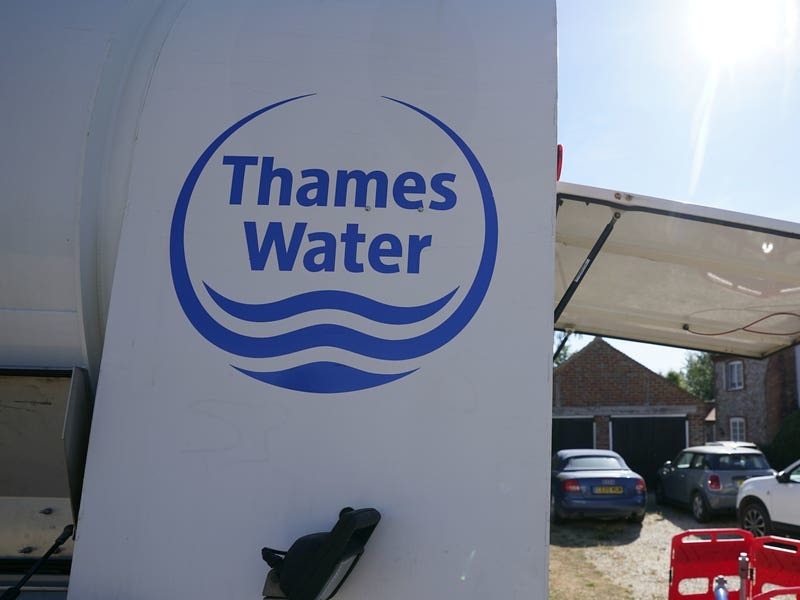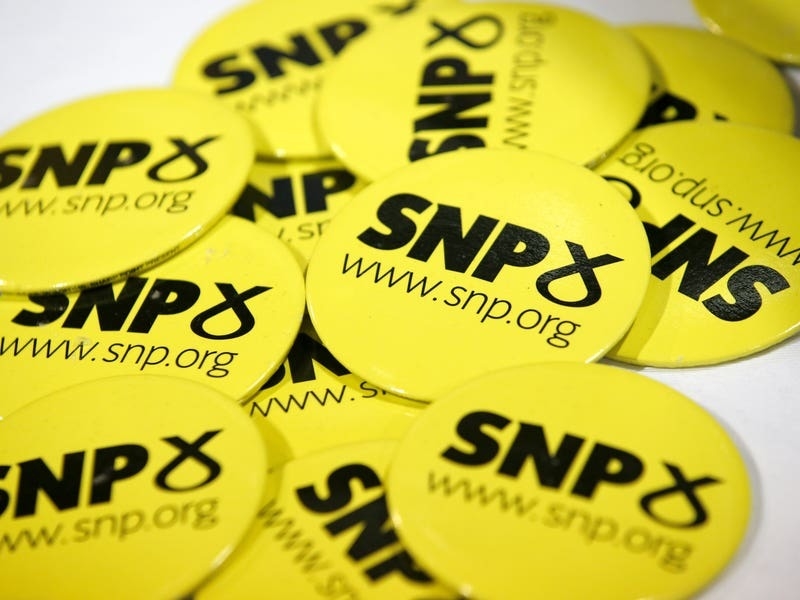A meeting of the Environment, Housing and Infrastructure Scrutiny Panel yesterday heard an update from Environment Minister John Young and officers about the government response to the declaration of a climate emergency earlier this year.
The government has committed to deliver a plan by the end of 2019 detailing the measures that will be necessary to achieve carbon neutrality by 2030.
Louise Magris, director for environmental policy, said there was plenty to learn from others.
‘Globally, there is an accelerated ambition to move in this direction, and we are working with comparable jurisdictions,’ she said.
Dr Magris added that there had also been discussions about offsetting carbon emissions with environmentally focused organisations such as the National Trust for Jersey, Trees For Life and Durrell.
Deputy Young expressed concern about the financial implication of tackling the climate-change emergency, and whether the initial allocation of funding would be enough.
‘The costs are potentially enormous and I can’t say that the funding we have will be sufficient,’ he said.
Around £5 million has been budgeted for 2020 in the Government Plan for tackling climate change, with panel chairman Constable Mike Jackson asking Deputy Young if he felt this would be sufficient.
Deputy Young responded with what he described as ‘a qualified yes for now’.
‘It’s a very miniscule amount compared to the overall government budget – something like 0.5% of the total,’ he said.
‘But we have to be practical and, relative to the amount that has been historically spent, it’s a very significant improvement.’
Deputy Young said that there had been discussions with fuel suppliers such as Jersey Electricity and Rubis.
Asked by Mr Jackson whether Jersey was well placed because of the proportion of energy imported from France, Deputy Young said there was no room for complacency.
‘There is security of supply in that we have a five-year contract but we need to plan ahead of that, and also be mindful of the effect of Brexit on exchange rates,’ he said. ‘We can’t just assume that we will have cheap electricity.’
The meeting heard that other means of funding the move towards carbon neutrality were being considered.
Dr Magris said that this included increasing fuel duty by above the rate of inflation, and the possible setting up of green bonds, the proceeds of which would be used to fund environmentally friendly projects.






